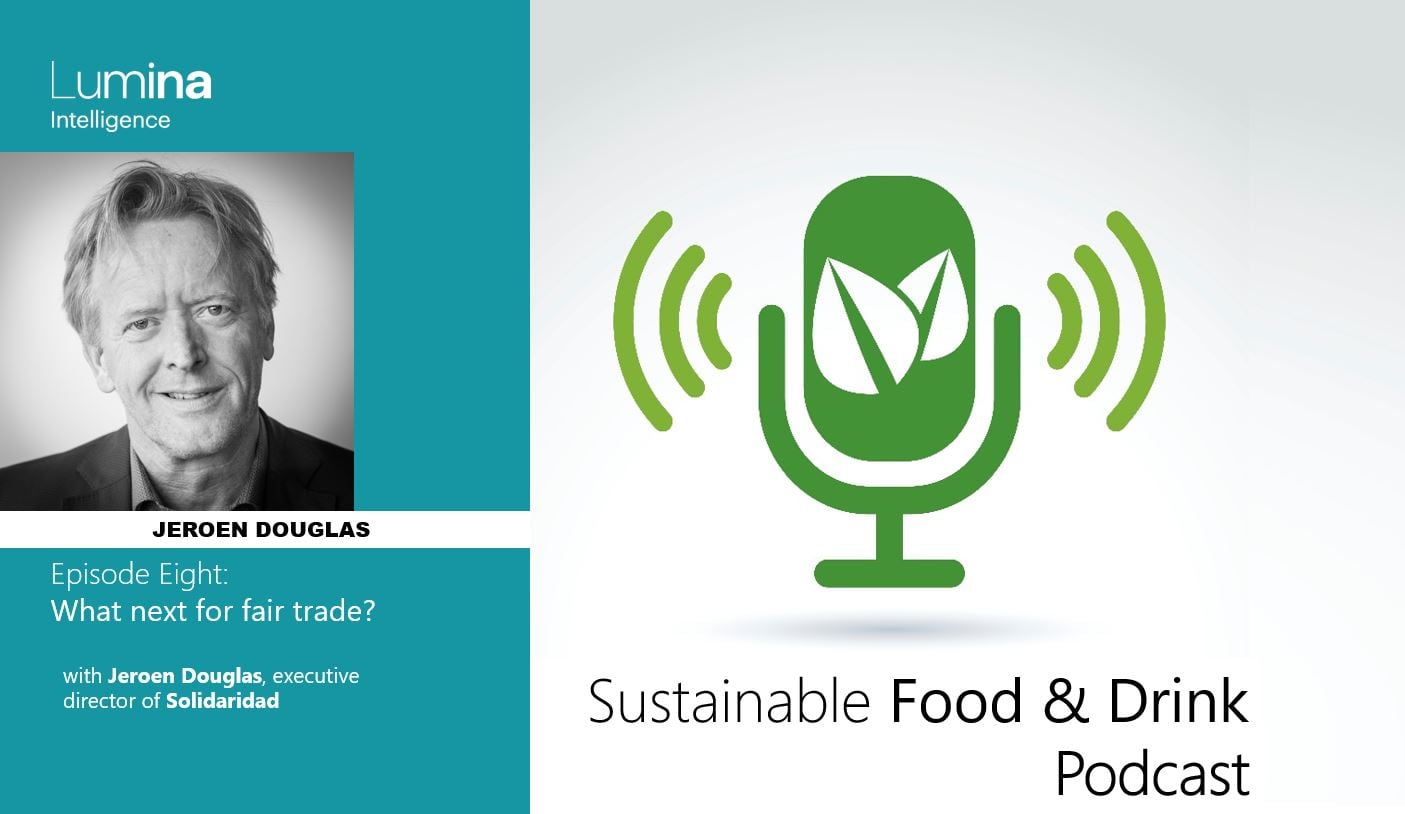Transforming the agri-food chain must be one of the ‘main elements’ of solving the climate crisis, Gonzalo Muñoz, the Chilean high level climate champion for COP25, argued at yesterday’s roundtable event focused on the food chain.
“We as humankind must deliver a hunger-free, resilient and prosperous 1.5 net zero world by 2050,” he told representatives from business, governments and civil society at the event.
Muñoz argued that there is a need to connect climate action with ‘social justice’, economic impact, the degradation of ecosystems and human health.
“This agenda must deliver not only environmental justice but social justice to many areas in the world where the climate crisis is affecting billions.
“This agenda also tackles health. It is not only about malnutrition but also obesity… We have to incorporate nutrition, knowing when we talk about nutrition we have to talk about hygienic elements bringing safe food products to people that are far from where they are produced. We have to talk about packaging… That is an extreme challenge.”
Martin Frick, senior director at the United Nations Framework Convention on Climate Change (UNFCCC), left the audience with no uncertainty as to the scale of the challenge.
“If you take everything together… I would dare say we are close to 40% of the emissions if we really factor in everything that is related to food. It’s not just the 20% related to agriculture,” Frick stressed.
Muñoz nevertheless sounded an upbeat note, arguing that we have the tools at our disposal to address the climate impact of food. “This is something that can be solved and also is somehow being solved… We have concrete and strong evidence of what can be done and is already happening related to how food can bring solutions to solve this crisis but at the same time delivering bright jobs and justice to the world, to plates.”
The world’s third-largest emitter: Food waste
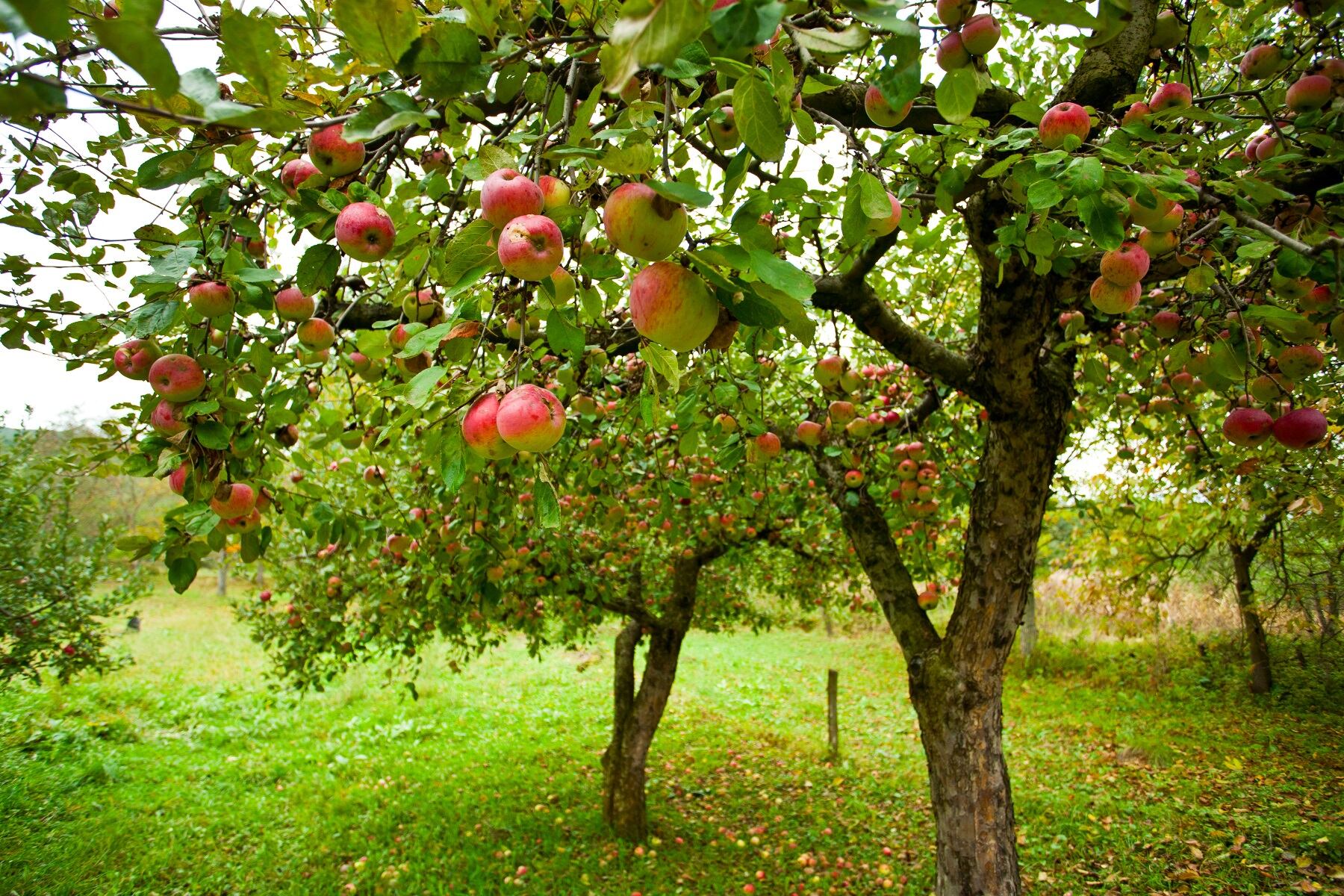
Muñoz flagged opportunities around mitigation and reduced carbon emissions as well as the potential of developing regenerative practices. “There has to come the time when regeneration is at the centre of the conversation,” he suggested.
The climate champion highlighted the potential for development he sees in urban agriculture and circular economy models.
For Christine Moseley, founder and CEO of Full Harvest, circular economy solutions will be key to tackling one of the world’s largest carbon emitters: food waste.
According to data from the UN’s FAO, each year the world wastes one-third of the food produced – around 1.3 billion tonnes. If food waste were a country, it would be the world’s third largest emitter behind only the USA and China.
Full Harvest is one of the companies working to find a solution. The company has developed a B2B marketplace that connects surplus or ‘imperfect’ produce that would be rejected by the supermarkets to buyers in the food and beverage industry.
“We solve this as a tech company and an innovation company,” Moseley told delegates. “It is a win-win for everybody. Buyers save money for more affordable healthy food products, get produce direct from farms, help solve food waste and have a digitised supply chain. Growers incrementally improve their business through increased revenue streams.”
Diversifying diets through innovation: The case of quinoa
Nearly half of the calories consumed globally come from just three crops – rice, wheat and maize – according to the World Economic Forum. Only around 170 crops globally are grown on a commercial scale.
But crop diversification could be leveraged to help build a food system that is more resilient in the face of climate change. Many traditional crops have climate-resistant properties. For example, cactus pear grows in deserts and arid areas, while oca and quinoa survive at high altitudes.
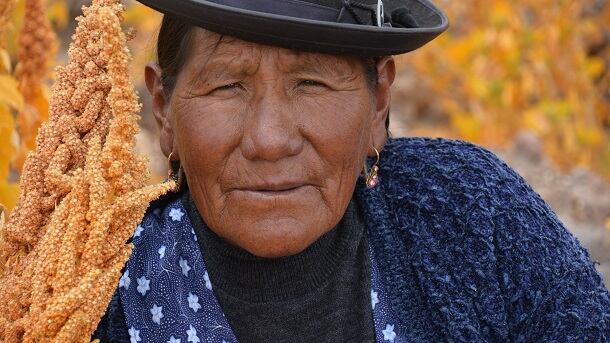
Tarcila Rivera Zea, director of Chirapaq and member of the UN permanent forum on indigenous issues, spoke of how her organisation is promoting the development of the quinoa market in Andes, Mexico, by taking ‘indigenous knowledge’ to ‘produce healthy food… recuperate indigenous biodiversity and improve resistance against climate change’.
The challenge, she said, is that quinoa does not fetch a high enough price on the global market. The solution is innovation, Rivera Zea believes.
“We are trying to transform quinoa by making, for example, desserts. In the past, we use quinoa in its natural form. But we need technology to innovate and use this product better to continue producing healthy agriculture and have opportunity to sell at the proper and just price.
“It is a challenge for us to give value to this kind of food and invest in innovations.”
Impossible Foods: 'Product innovation must be included in sustainable food systems'
Rebekah Moses, head of impact strategy at Impossible Foods, also sees innovation as critical to building a more sustainable food system. In the case of Impossible Foods, this has taken the form of developing plant-based products ‘that looks, cooks, tastes and smells and has the nutritional characteristics of the meat alternative’.
Animal agriculture for meat, eggs and milk generates 14.5% of global greenhouse gas emissions. Increased adoption of plant alternatives will be ‘necessary’ for the food system to scale production to meet the needs of a growing world population, Moses argued.
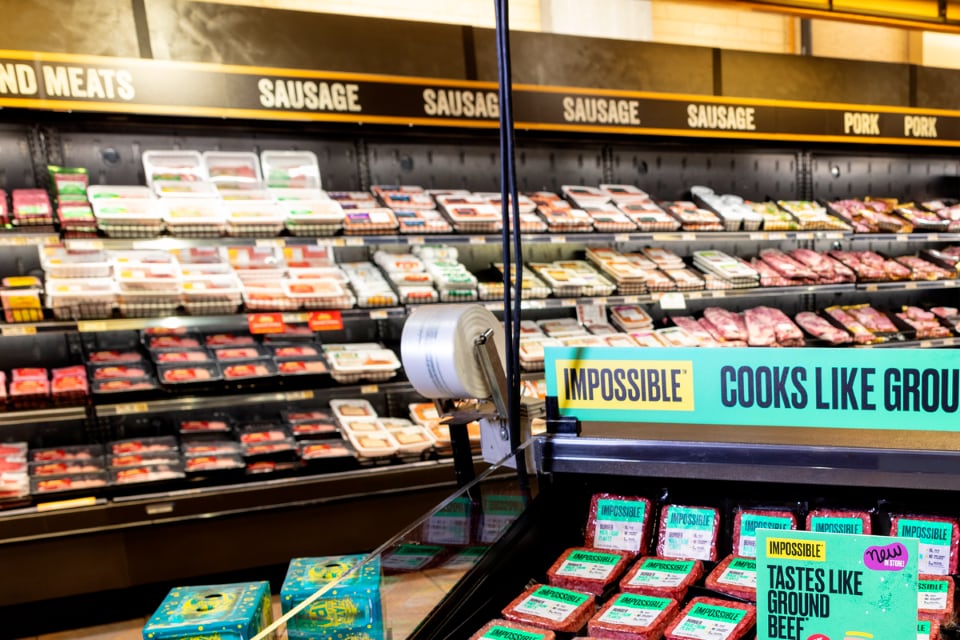
“Plant-based meat is going to be and must be one of the many tools alleviating climate issues and scaling up our food system.
“Why is that? We need to spare land and prevent the expansion of the agricultural footprint, to capture carbon and prevent biodiversity loss and loss of ecosystem services. We need to avoid emissions directly and reduce reliance as demand scales up by as much as 88%. Incremental yield improvements will not be enough.”
Impossible’s plant-based innovation is critical because it enables consumers to switch to a more plant-based diet without challenging the dominant food culture, she suggested.
“We cannot expect consumer behaviour to change or to obtain from delicious products they have enjoyed for a very long time. Product innovation has to be included in these new resilient food systems while including farmers in these food value chains.
“These transitions are necessary to leapfrog the negative climate and ecosystem service externalities that will occur with a growing population.”
Farmers, smallholders and 'climate smart' agriculture
Taking a systems approach to the food sector’s climate impact requires the industry to tackle on-farm emissions – including those produced by smallholders and family farms.
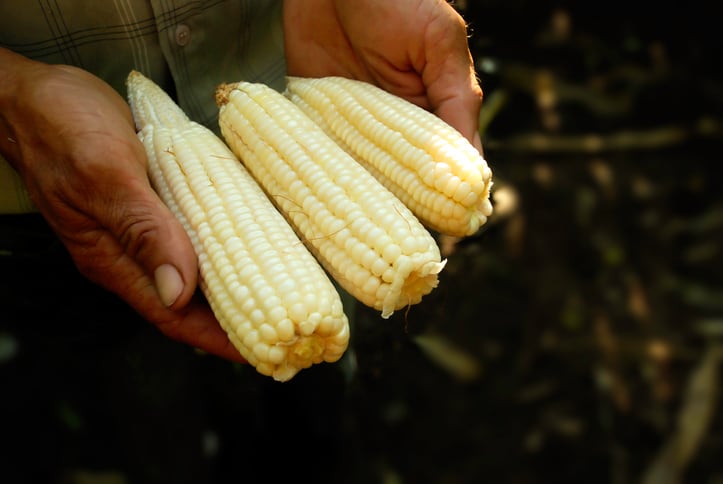
“We really have to understand farmers in a different way, in particular family and smallholder farmers, because these are the people who keep our life support intact. If we just pay them by the food they are producing we are missing the point,” UNFCCC’s Frick stressed.
Organisations working with farmers worldwide are attempting to support knowledge sharing and the adoption of best-practice. For example, Theo De Jager, president of the World Farmers Organisation, said the group wants to develop a ‘climate smart agricultural manual'.
De Jager explained the WFO is talking to farmers globally, asking ‘what can you do on your farm to deliver sustainable food chains and what will it take to get it done?’
But Andrew Cox, from the Alliance for a Green Revolution in Africa, stressed that these developments are struggling to produce transformative change at scale.
“We have to be very honest that things aren’t working in the way they need to. We have seen hunger rise for 3 years in a row. We are seeing climate change wreaking havoc on the ground among farmers.
“We find it very hard to go to scale, we are seeing interesting things happen at a small scale but it is proving stubbornly difficult to go to the next level.”
‘There are some really uncomfortable realities’
In a similar vein, David Navarro, strategic director of Skills, Systems and Synergies for Sustainable Development (4SD) and professor of global health, Imperial College London, stressed that the size of the change needed and the progress made should not be over-stated.
“There are some really uncomfortable realities about what is happening now… Business as usual is not any good anymore. Unconventional solutions are necessary from new ways of agriculture through to alternatives like Impossible burgers.”
Navarro said that a theme that must be carried into future discussions around food and climate, including the 2021 UN's Food System Summit, is ‘how we frame’ the work being undertaken.
“There is a choice. Is the framing one that goes for new ways of doing things but within existing political structures in governments, institutions and businesses? Or is the new way of doing things one that is specifically prepared to contemplate radical structural change with the purpose of safeguarding the future for current generations and promoting equity and justice? That is a real choice for all of us.
“Nobody leaving this room should feel any comfort at all because the power structures are not right.”


